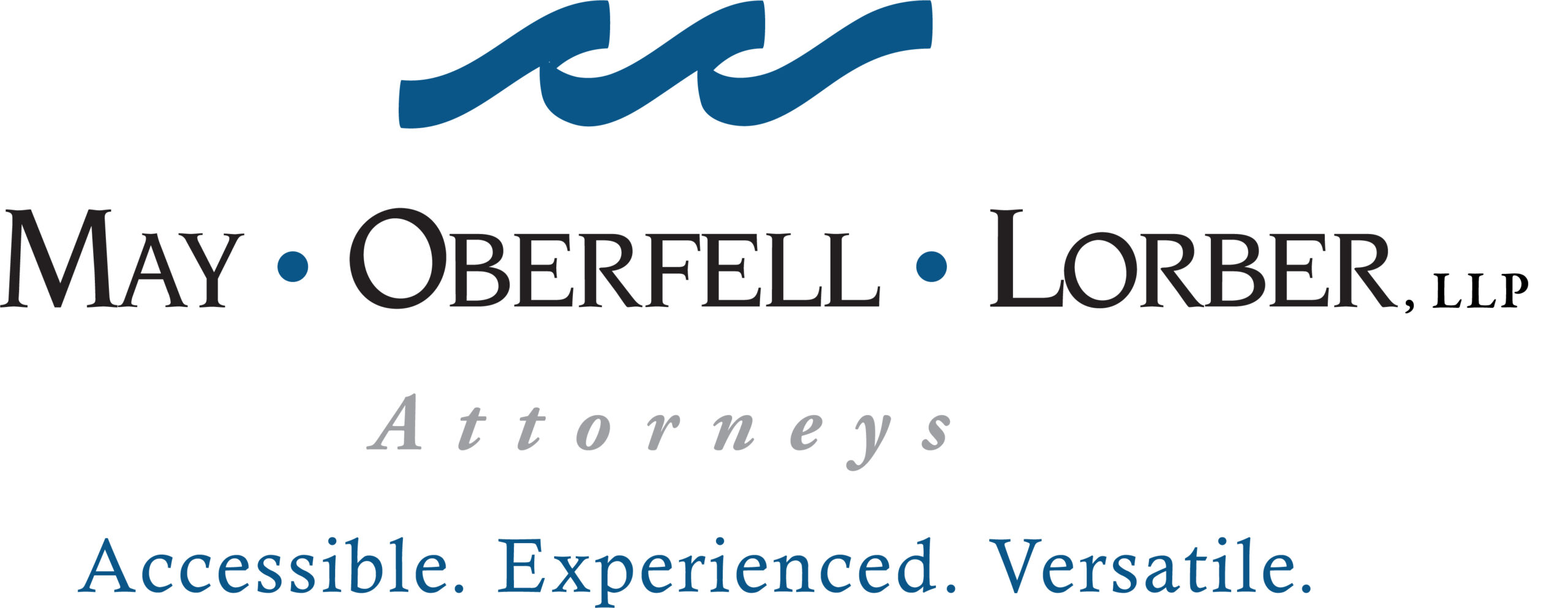THE IMPORTANCE OF QUIETING TITLE
A quiet title lawsuit is a means of establishing proper ownership of real estate. Aside from establishing correct ownership, a quiet title action ensures the correct owner has clear title that is not subject to liens or levies from third parties.
A quiet title action is commonly utilized when real estate has previously been subject to a land contract. A land contract is a “rent to own” agreement between a buyer and seller. The buyer will take possession of the real estate and make monthly payments toward the purchase price. Land contracts typically end with a large balloon payment at the end of the term from buyer to seller. At that point, the real estate is deeded to the buyer.
Unfortunately, parties to a land contract will often record their land contract or a memorandum of said contract with their local county recorder’s office. This is an unwise decision for a seller because the buyer’s current or potential future judgment creditors can attach a judgment against the buyer to the real estate. Then, if the buyer later vacates the real estate for any reason, the judgment creditor’s lien against the buyer remains attached to the seller’s real estate. Should the seller later attempt to sell the real estate to a new buyer, the seller cannot convey clean title to the buyer because the lien remains on the real estate although the old buyer vacated it long ago.
This is when a quiet title lawsuit becomes an effective tool. The quiet title lawsuit asks the court to make a judicial determination that the judgment creditor’s lien should be removed from the real estate since the judgment debtor (the old buyer) no longer has an interest in the real estate. The court may then issue an order directing the county recorder’s office to remove the lien from the seller’s real estate. The seller can then deliver clean title to a future buyer.
May Oberfell Lorber’s attorneys are well-versed in real estate matters and can assist buyers and sellers with quiet title actions.
This article is for information purposes only and is not intended to constitute legal advice.
